Oct 2023 • Jan 2025







Oct 2023 • Jan 2025






“The way of the water”
This artwork was inspired by the Kungarakan phrase Kobuh-pombuh, meaning watercourse; water path; way of the water. These lines become a symbol of the regeneration of Country, a symbol of the life, spirit and story that will always remain and continue throughout Country.
The flowing lines are symbolic of the positive direction that TURNER is moving toward. TURNER aims to add new processes through deep listening and learning to embed positive relationships within their practice, forming a workplace that is flowing in the right direction, which will keep regenerating positive change.
Like the movement of fresh water, if the watercourse is taken care of, it will always provide throughout the seasonal changes of the year.
THE ARTIST: Toby Bishop @yukupin_
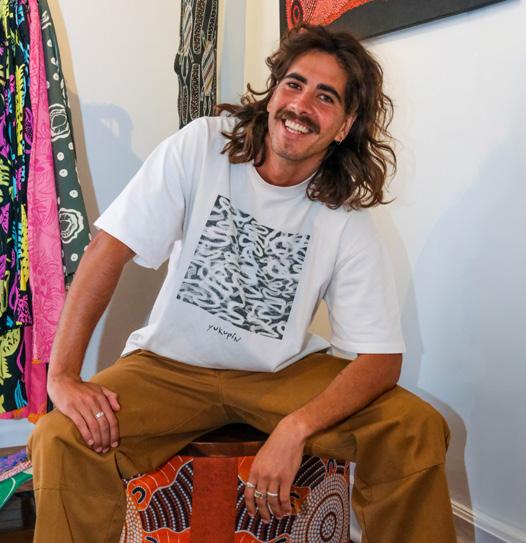
Kobuh-Pombuh was created by emerging Kungarakan artist and graphic designer Toby Bishop. He grew up and lives in a small coastal down on the South Coast of NSW, on Dharawal Country.
Toby continually explores his culture through art and design as a pombuh (path) for discovery. His work speaks of the importance of cultural practice, language and story that have been informed by in-depth connections to Country.
We acknowledge the Gadigal of the Eora Nation and their ongoing connection to the lands, waters and skies. TURNER is situated among significant First Nations sites like Oxford Street (1) which evolved from an Aboriginal track (‘muru’) and Hyde Park (2) which is believed to have once been a traditional ceremonial contest ground, on the land of the Gadigal people of the Eora Nation.
TURNER also acknowledges First Nations peoples as the Traditional Custodians of the many lands upon which we gather, work and journey across. We pay our respects to their Elders past and present and acknowledge
As we embark on this journey of reconciliation we pay respect to the knowledges, traditions, and values of Aboriginal and Torres Strait Islander peoples passed down over 60,000 years which continue to contribute to the life of the cities and communities we inhabit.
1.City Of Sydney, “Oxford Street: A History from Track to High Street,” City of Sydney - News, February 27, 2023
2.“Hyde Park South |,” n.d.

Reconciliation Australia welcomes TURNER to the Reconciliation Action Plan (RAP) program with the formal endorsement of its inaugural Reflect RAP.
TURNER joins a network of more than 2,200 corporate, government, and not-for-profit organisations that have made a formal commitment to reconciliation through the RAP program.
Since 2006, RAPs have provided a framework for organisations to leverage their structures and diverse spheres of influence to support the national reconciliation movement. The program’s potential for impact is greater than ever, with close to 3 million people now working or studying in an organisation with a RAP.
The four RAP types — Reflect, Innovate, Stretch and Elevate — allow RAP partners to continuously develop and strengthen reconciliation commitments in new ways. This Reflect RAP will lay the foundations, priming the workplace for future RAPs and reconciliation initiatives.
The RAP program’s strength is its framework of relationships, respect, and opportunities, allowing an organisation to strategically set its reconciliation commitments in line with its own business objectives, for the most effective outcomes.
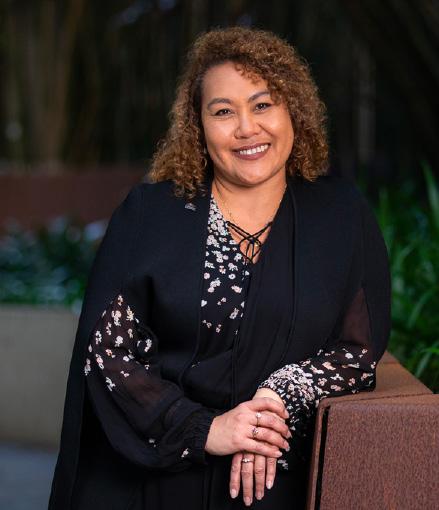
These outcomes contribute towards the five dimensions of reconciliation: race relations; equality and equity; institutional integrity; unity; and historical acceptance.
It is critical to not only uphold all five dimensions of reconciliation, but also increase awareness of Aboriginal and Torres Strait Islander cultures, histories, knowledge, and leadership across all sectors of Australian society.
This Reflect RAP enables TURNER to deepen its understanding of its sphere of influence and the unique contribution it can make to lead progress across the five dimensions. Getting these first steps right will ensure the sustainability of future RAPs and reconciliation initiatives, and provide meaningful impact toward Australia’s reconciliation journey.
Congratulations TURNER, welcome to the RAP program, and I look forward to following your reconciliation journey in the years to come.
Karen Mundine Chief Executive Officer Reconciliation Australia
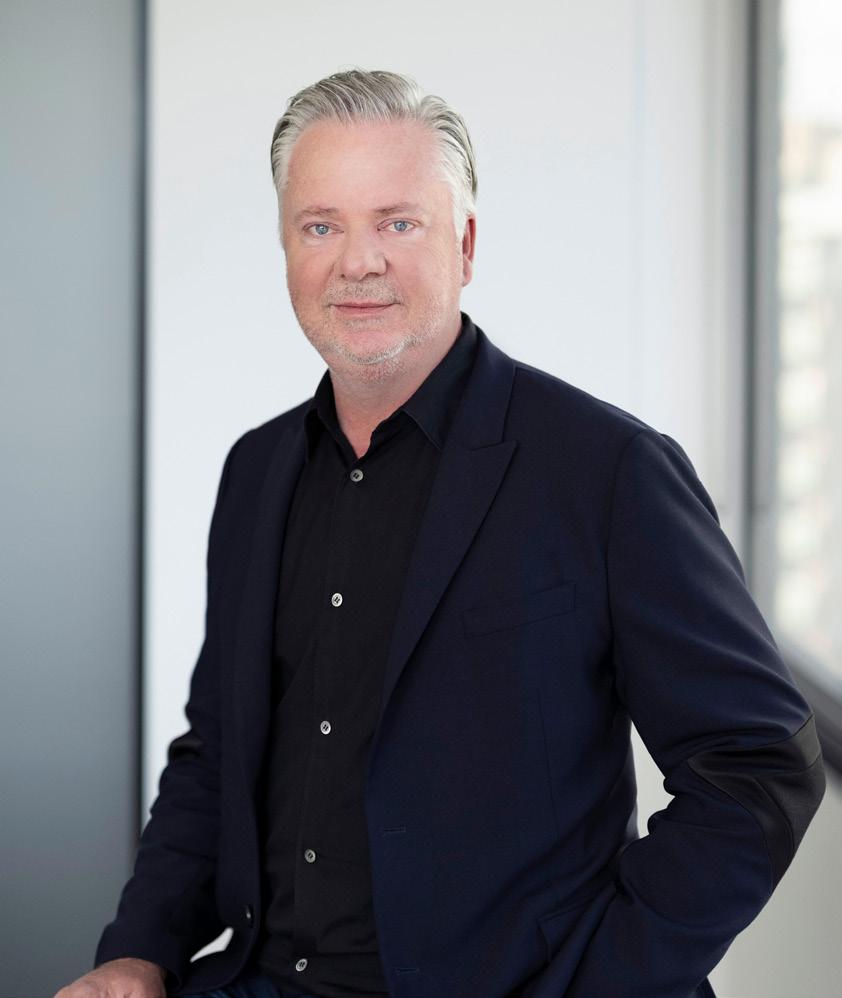
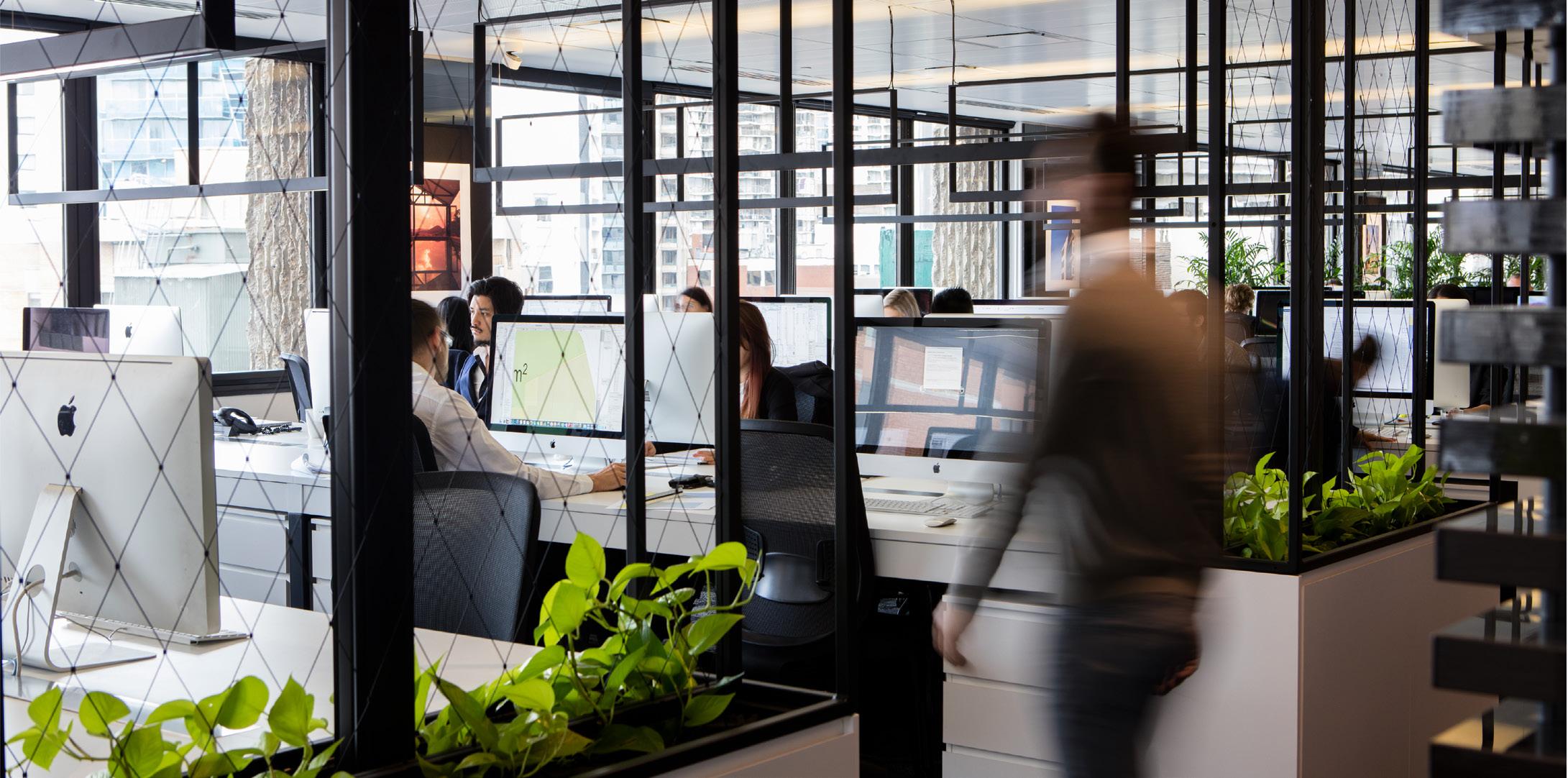
I am pleased to present TURNER’s Reflect Reconciliation Action Plan (RAP). Our RAP represents the practice’s collective commitment towards reconciliation, and seeks to embed a deeper understanding of Aboriginal and Torres Strait Islander heritages and cultures within the built environment industry.
TURNER recognises our role in weaving Aboriginal and Torres Strait Islander cultures and communities into the urban fabric as a necessary and important way forward. Building and nurturing respectful relationships and deepening engagement will help us to create a stronger and more inclusive society.
I would like to acknowledge the Reconciliation Action Plan Working Group for their ongoing contributions and for coming together to drive and promote this important work.
Nick Turner Principal

TURNER is a design focused studio providing Architecture and Urban Design, Interior Design and Experiential Design (Environmental Graphics, Wayfinding & Public Art) services for a diverse range of private, corporate and government clients.


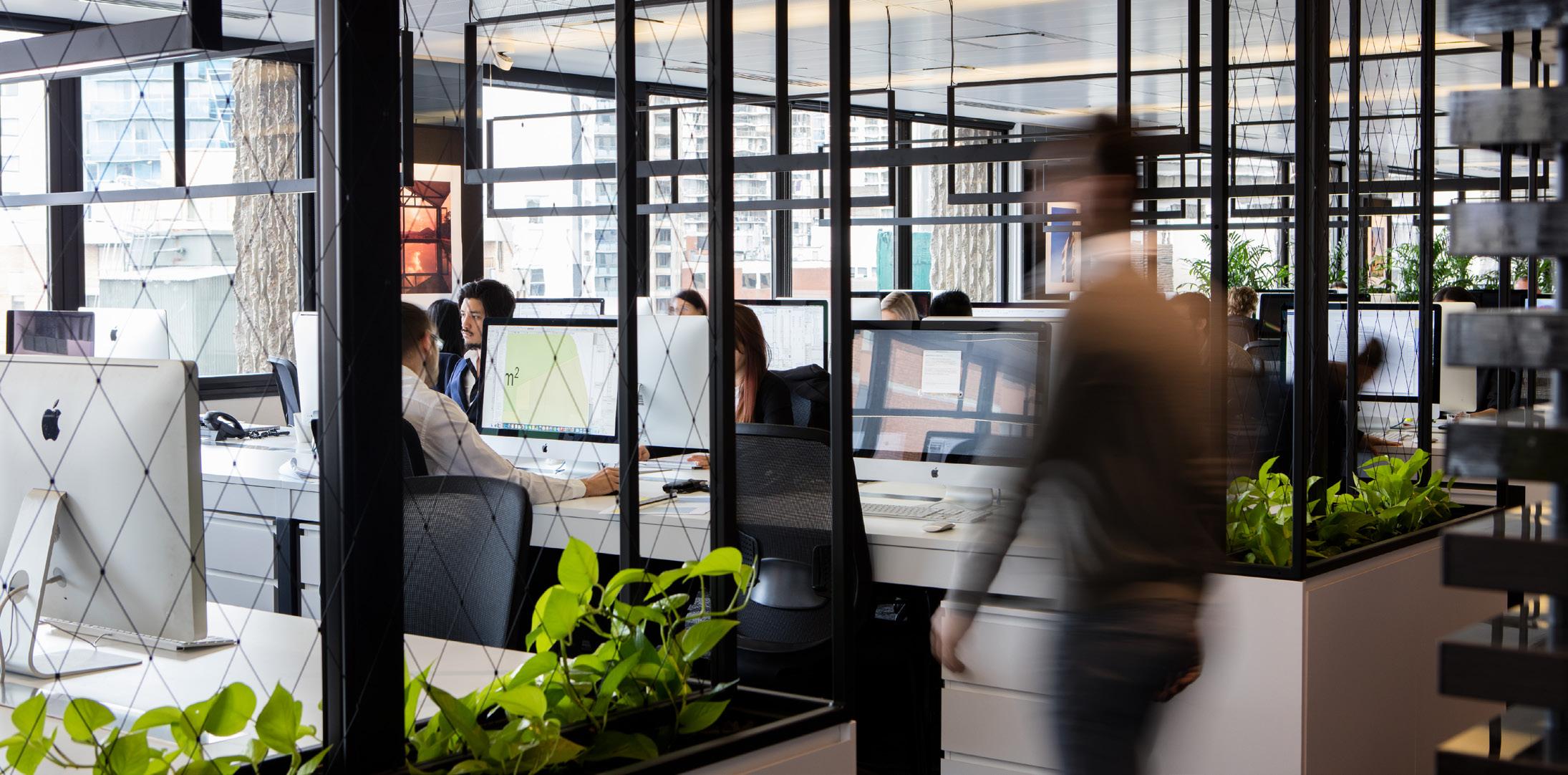
At TURNER we are passionate about urban renewal and our experience as Principal Design Consultant over 20 years has led us to become experts in the field with a focus on medium to high-density Residential and Residential Mixed-use, as well as Student Accommodation, Seniors Living, Social and Affordable Housing, Resort and Hotel, Recreational and Community facilities, Civic, Commercial, Retail and Showroom, Adaptive Re-use and, increasingly, hybrid combinations of these typologies.
With offices in Sydney and London, we pride ourselves on being an inclusive and diverse workplace. We have two offices with over 120 people in the Darlinghurst Sydney studio and 6 people in our SOHO London studio.
Our studios host equal male/ female representation from nearly 30 countries of origin. To our knowledge, we do not currently have any employees that identify as Aboriginal or Torres Strait Islander people.
Our projects in Australia are predominantly along the east coast in the Greater Sydney region, south to the Shoalhaven and north up to Tweed Heads, with some projects in Victoria and Queensland.
Our London office is focused on projects in London, Birmingham and Manchester, but both practices have worked on projects around the world including China, Vietnam, Nigeria, the Middle East and the US.
“We plan to use our RAP as a framework to advocate for the importance of working towards reconciliation throughout all aspects of our sphere of influence within the built environment industry.”


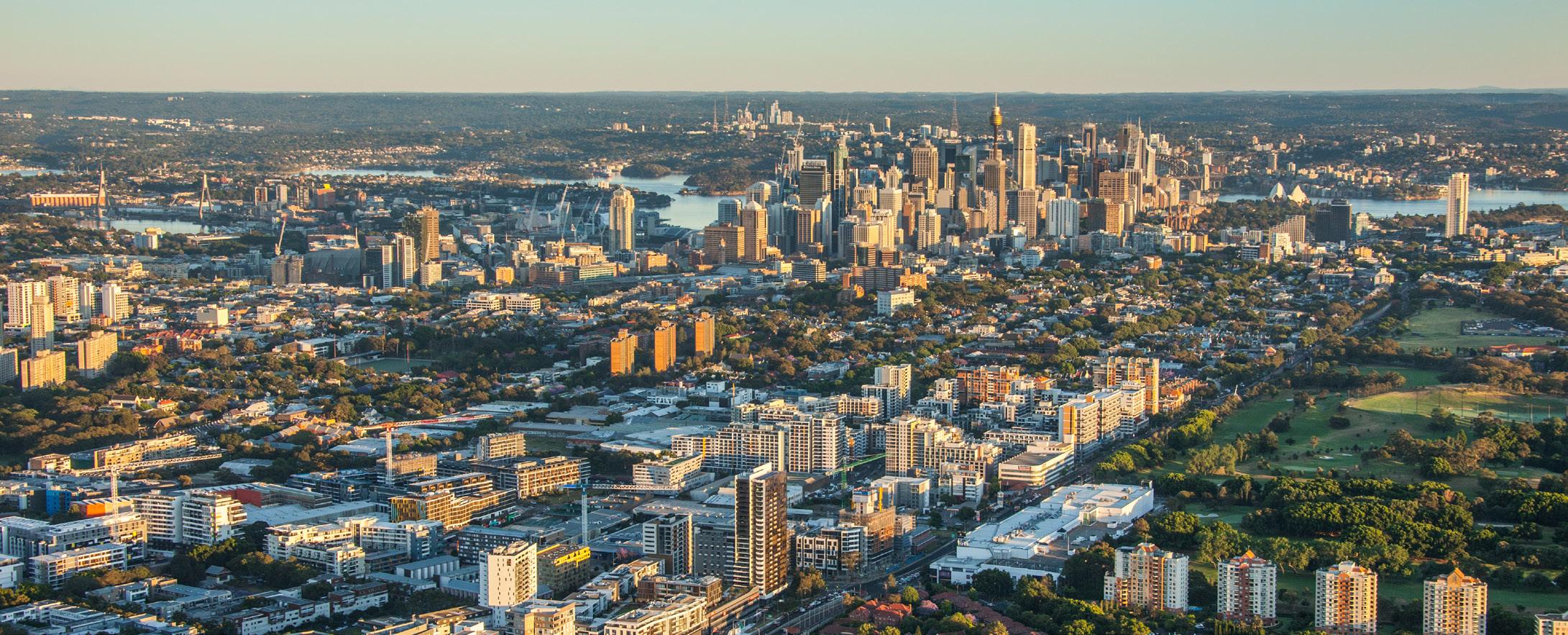
As architects and designers we have the opportunity to influence and alter the urban fabric, much of which takes place on the sovereign lands of Australia’s First Peoples, which has not been ceded. As a result we share a responsibility to recognise the extent of our agency, understand our shortcomings, and identify opportunities to move towards reconciliation to ensure the impact we make moving forward is positive and reflective of this aim.
This RAP arose as a result of a collective desire to respectfully learn from the world’s oldest continuing culture, incorporate First Nations principles of connecting and caring for Country into our daily work, and create spaces for collaboration between First Nations and Non-Indigenous professionals.
At TURNER we take pride in our mission to make positive change for people and places, but also recognise that greater efforts need to be made within the built environment industry to ensure that this is reflective of reconciliation. We are still early in this journey but recognise the need to embark on a path of deep listening, learning and unlearning in order to build genuine relationships and new processes that will be woven into the fabric of our practice.
As a diverse firm of architects and designers we have a responsibility to ensure that all of our people are made aware of the pre and post-colonial histories that define Australia and its impact on the built environment. Furthermore, the large scale of our projects positions us as a coordinator between many practitioners of the construction industry such as engineers, artists, government authorities, and builders. This affords us the opportunity to influence an extensive multidisciplinary sphere to make profound positive change. We plan to use our RAP as a framework to advocate for the importance of working towards reconciliation throughout all aspects of our sphere of influence within the built environment industry.
Through the development of authentic relationships and respectful collaboration we aim to provide opportunities for the implementation and inclusion of First Nations knowledge and practices. In turn we will steer our practice towards more inclusive and culturally sensitive processes which will in turn develop designs that reflect the nuances of their local context and contribute equally to all members of the community.
The TURNER RWG (RAP Working Group) consists of 12 members representing all levels and sectors of the practice.


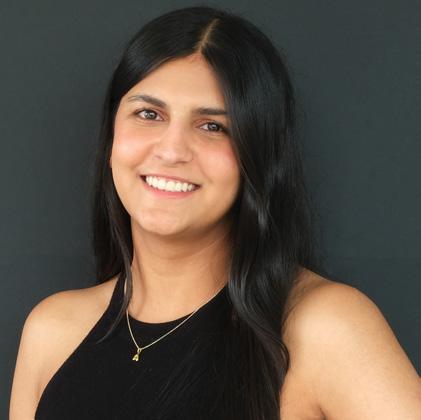
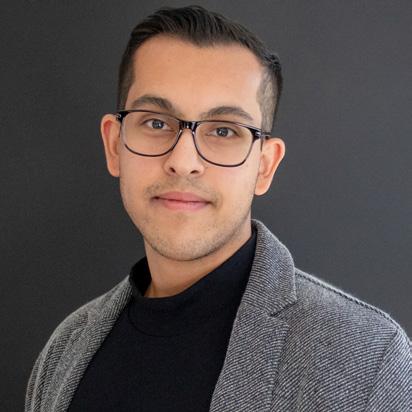
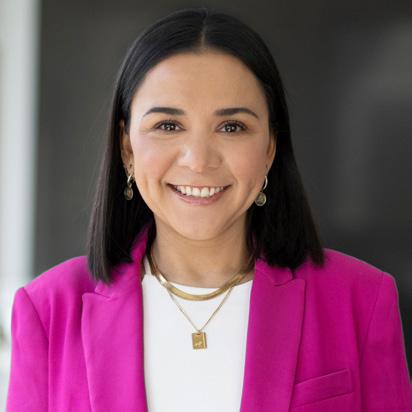
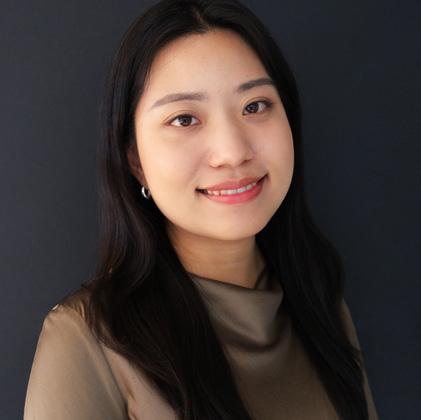
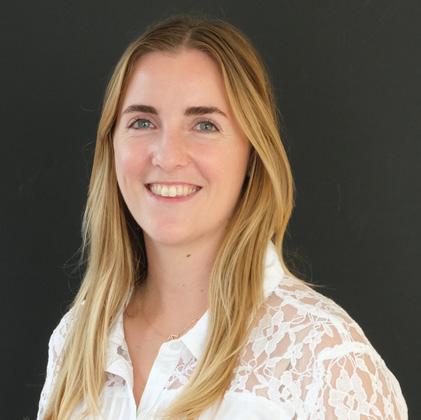


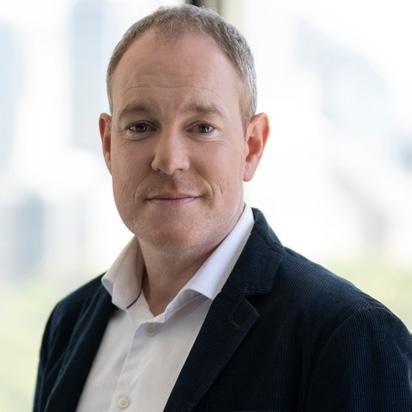
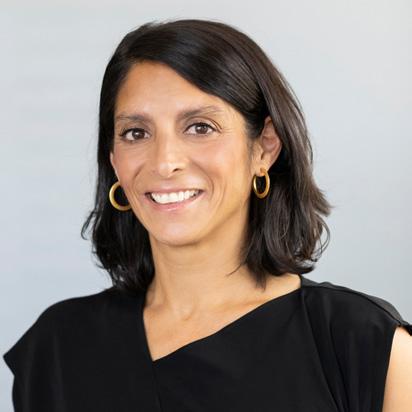
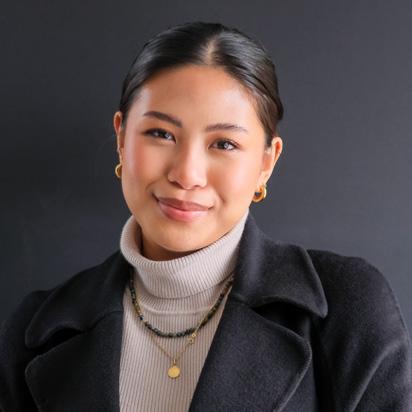
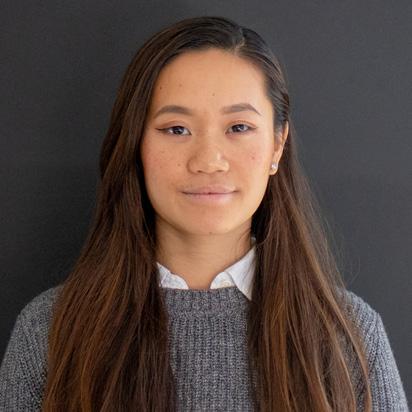
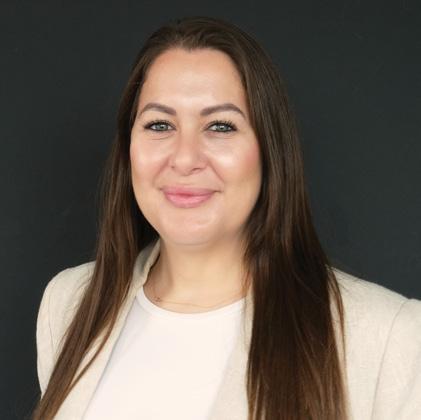
OUR RAP CHAIR
Karl May Managing Director
Our RAP will be chaired by Karl May, Managing Director, who has been at TURNER since 2001. Karl is a dedicated advocate for the reconciliation between Indigenous and non-Indigenous Australians, initiating the RAP process and promoting the understanding of First Nations knowledge, perspectives and practices within TURNER.
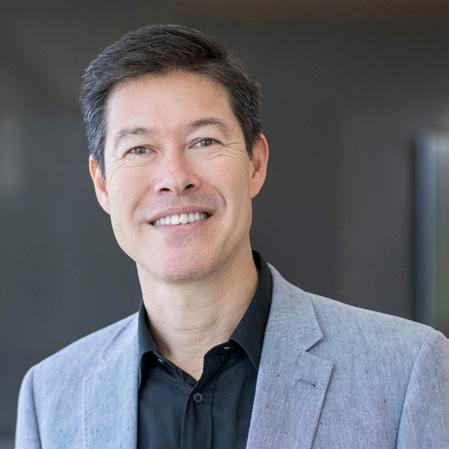
OUR RAP CHAMPION
Jasmine Jahani Designer
Our RAP will be championed by Jasmine Jahani, Designer at TURNER. Jasmine is a passionate advocate for increasing awareness around First Nations culture, history and knowledges as a priority within the practice. She consistently actions the commitments outlined in the RAP and encourages this in others - within TURNER and externally.
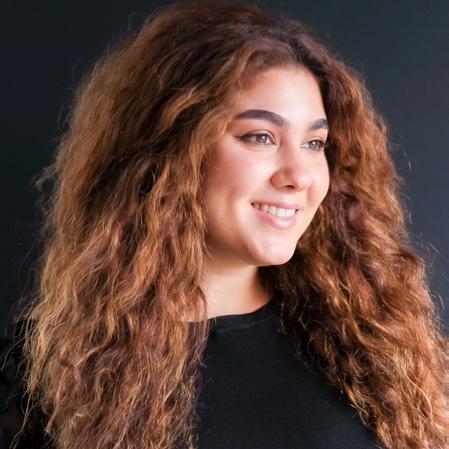
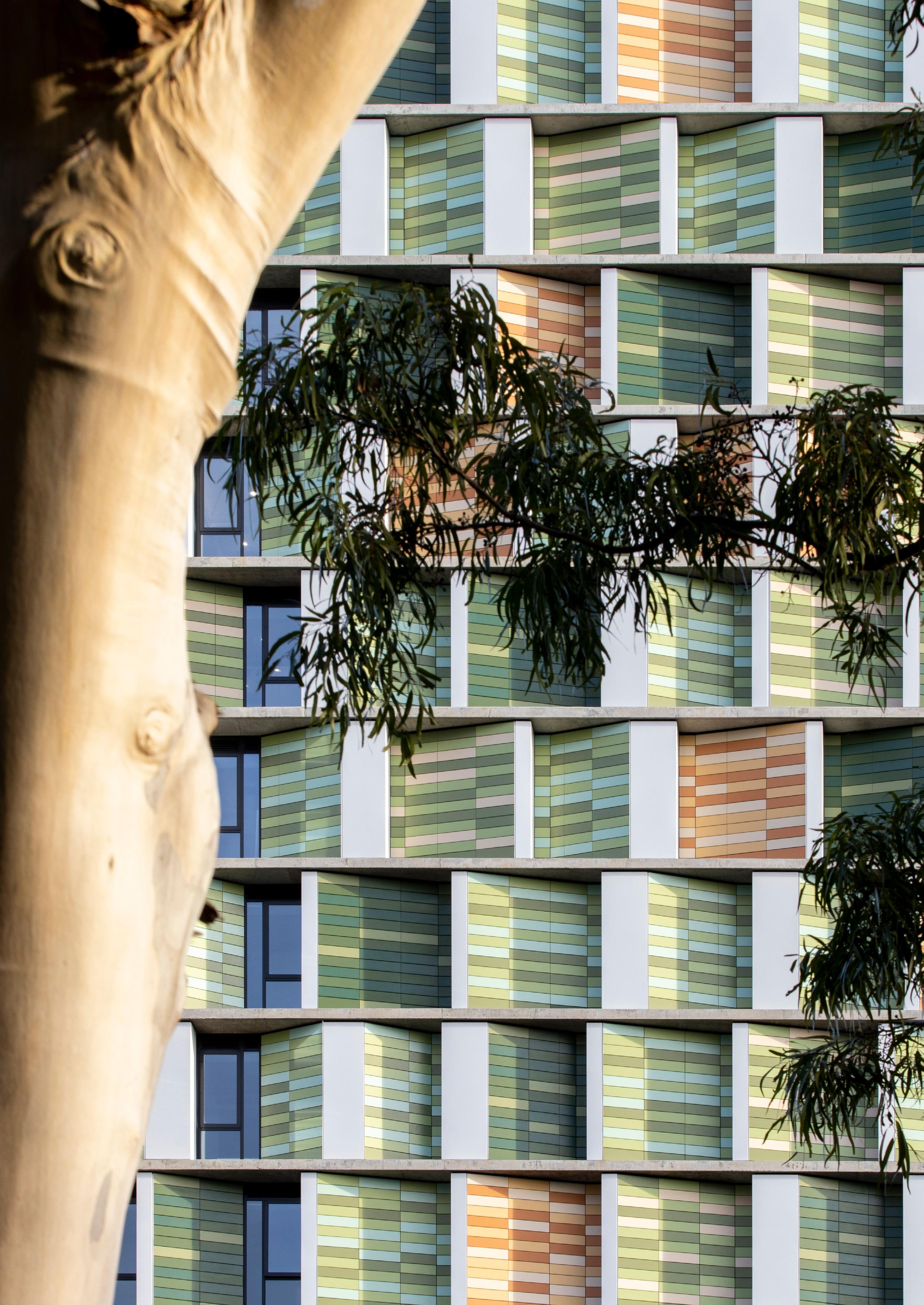
TURNER is in its early phases of engagement with First Nations peoples and we are excited to develop and deepen these relationships.
Our process of developing our Reflect Reconciliation Action Plan has allowed us to review opportunities where we are able to ensure our reconciliation activities are valuable, transferrable and respectful.
We plan to engage with a RAP consultant as part of creating and implementing our RAP.
Through our reconciliation journey we have had the privilege of working alongside influential Aboriginal and Torres Strait Islander peoples. Oftentimes the collaborations take the form of artworks, and we are working towards integration of cultures and artworks within our projects at all scales.
As we embark on our Reflect RAP, we are looking forward to deepening these existing relationships while fostering opportunities for new ones.

Began working with WSP on the framework, Aboriginal design principles and approach of 85 Macquarie Street, Parramatta.
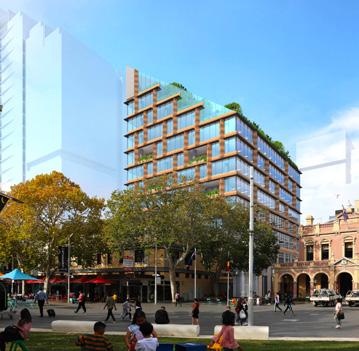
- Ongoing
TURNER registered with CareerTrackers Indigenous Internship Program.
Acknowledgment of Country integrated into our email signature.
Design Talk
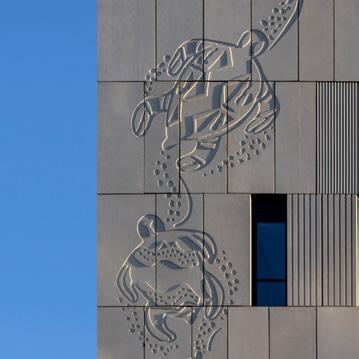
Col James Student Accommodation commenced in Redfern for our client, Aboriginal Housing Company. TURNER worked with Danny Eastwood on the public art strategy.
Christian Hampson, CEO of Yerrabingin, and David Kaunitz, Director of Kaunitz Yeung Architects, presented on Aboriginal Cultural Heritage and Indigenous design thinking.
Design Talk
Began opening our monthly office meeting (TURNER Conversations) with an Acknowledgment of Country.
Michael Hromek Brown, Technical Executive - Indigenous Design (Architecture) and Knowledge at WSP, presented on Aboriginal Planning and Design Principles.

Danny and Jamie Eastwood engaged to work on the integration of art and culture into the Doran Drive masterplan.
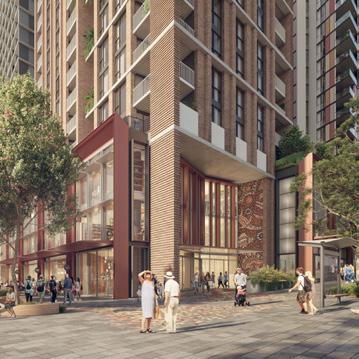
‘Aboriginal Country’ added as a field into our TURNER project database.
November 2021 - Ongoing 2022
July 2022
July 2022 - Ongoing
Toby Bishop engaged to work on Sanctuary Phase 5 and Masterplan facade artwork at Wentworth Point.
July 2023
September 2023
Design Talk
Jasmine Jahani, Designer at TURNER, Presented ‘Designing For Country - Unlearn’ following her attendence at Reconciliation Conversations.
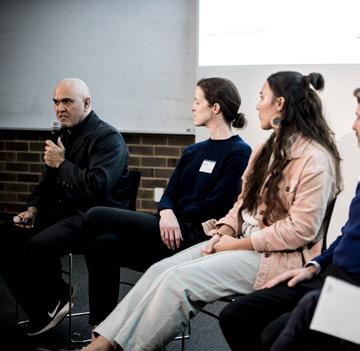
Designing with Country panel established.
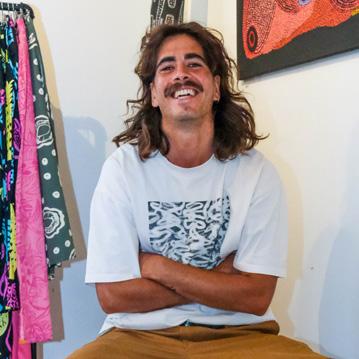
Bespoke TURNER artwork commissioned by Kungaran artist and designer Toby Bishop.

Commenced the Col James student accommodation project, which was completed in 2021, part of the Pemulwuy Precinct in Redfern. During this time TURNER worked closely with Alisi Tutuila(Chair Person), Mick Mundine (Snr. Chief Executive Officer) and Lani Tuitavake (Chief Operating Officer), of the Aboriginal Housing Company, and with Aboriginal artist Uncle Danny Eastwood who designed public art pieces for the project.
Began working with WSP who assisted in defining the framework, and Aboriginal Design Principles and design approach, for 85 Macquarie Street Parramatta. Shane Smithers, a Dharug man and Aboriginal artist from 500 Voices (Supply Nation Registered), who we have been working with since 2020, is developing the public art strategy and implementation for the project, with collaboration by Sakina Reijners for the pieces.
Christian Hampson, CEO of Yerrabingin, and David Kaunitz, Director of Kaunitz Yeung Architecture. Christian, a Woiwurrung and Maneroo man, presented on Aboriginal Cultural Heritage and Indigenous design thinking, particularly in landscape design. David presented on culturally appropriate design consultation processes, incorporating Aboriginal art in architecture, and use of local materials and sustainability.
TURNER registered with CareerTrackers Indigenous Internship Program to provide employment opportunities for First Nations people, however due to the small number of candidates we have not had the opportunity to offer an internship yet.
Michael Hromek Brown, Technical Executive - Indigenous Design (Architecture) and Knowledge at WSP. Michael, a Yuin man, Badawang tribe, presented on Aboriginal Planning and Design Principles, a Country first approach, the designers role in Aboriginal co-design, and an introduction on how to work with Aboriginal artists.
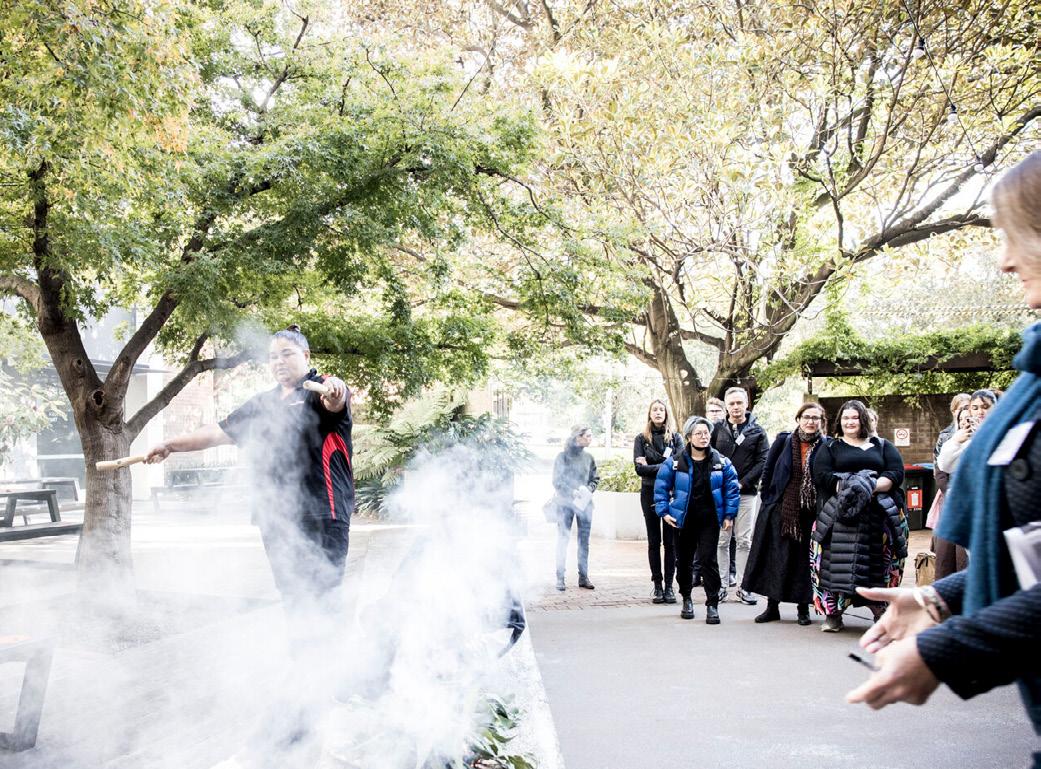
Our email signature included an Acknowledgement of Country. TURNER is progressively incorporating an Acknowledgement of Country in to the remainder of all relevant practice and project collateral such as Capability Statements, Tender and EOI submissions, fee proposals, project presentations, website and social


Ongoing: Began opening our monthly office meeting called TURNER Conversations with an Acknowledgment of Country, addressed by a different staff member each time. We are also providing an Acknowledgement of Country when gathering for formal office events.
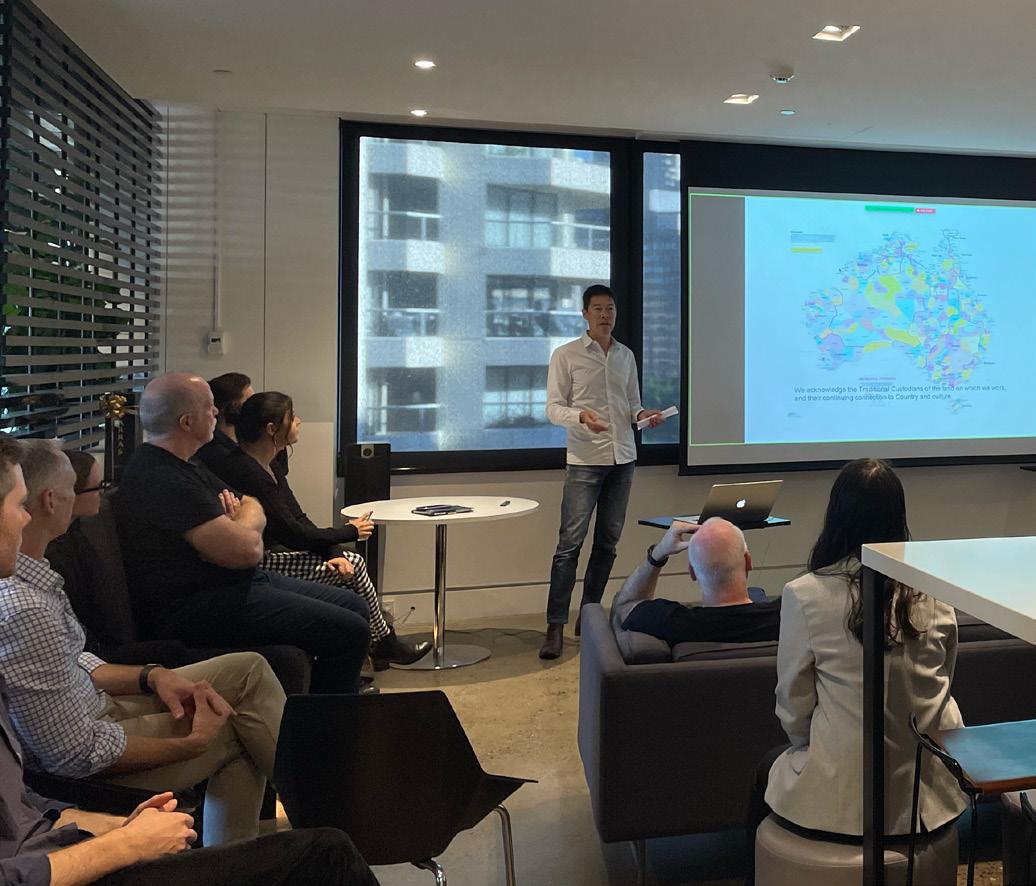
Karl May, Managing Director, delivering an Acknowledgement of Country at a 2022 TURNER Conversations meeting.
Added ‘Aboriginal Country’ as a field in our project database so that when a new project is commenced the Aboriginal Country is identified for the project team to include in their understanding of the project context.
We are working with Uncle Danny and his son v for the integration of culture and art within the entire masterplan for our Doran drive project.
Jasmine Jahani, Designer at TURNER. Presented ‘Designing For Country - Unlearn’, following her attendance at Reconciliation Conversations 2022.
A panel for Designing with Country began meeting monthly to discuss how awareness of First Nations design and culture can be raised with our staff and clients, including commencing our first RAP.
We continue to look for opportunities for incidental learning and sharing of First Nations knowledge and culture, such as the Dharawal seasons, that we now include in our monthly newsletter.
We continue to source and collate resources that will identify the correct First Nations Country and help develop our framework for how we approach Designing with Country.
Collaborated with Kungarakan artist and designer Toby Bishop to create a bespoke artwork to be used across TURNER’s brand identity.
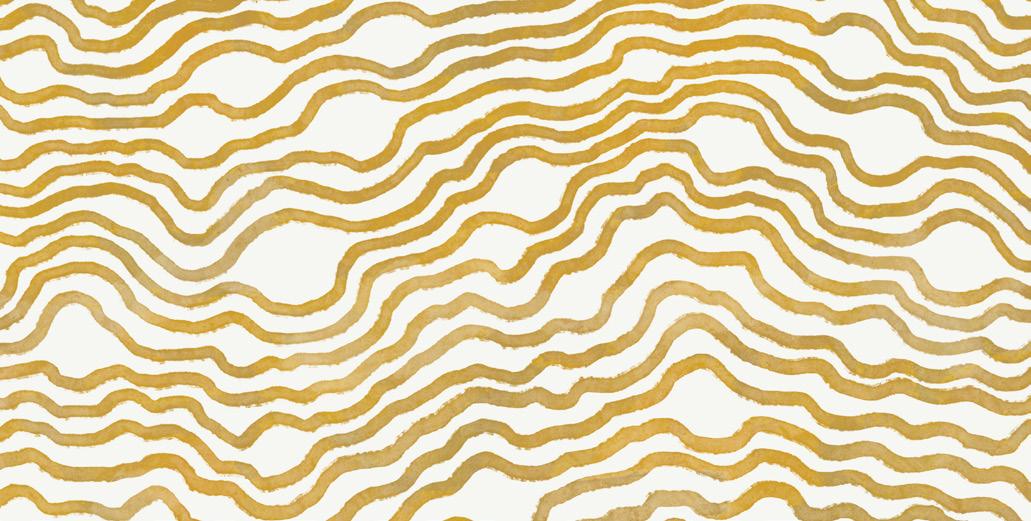
Toby Bishop engaged to work on Sanctuary Phase 5 and Masterplan facade artwork at Wentworth Point.
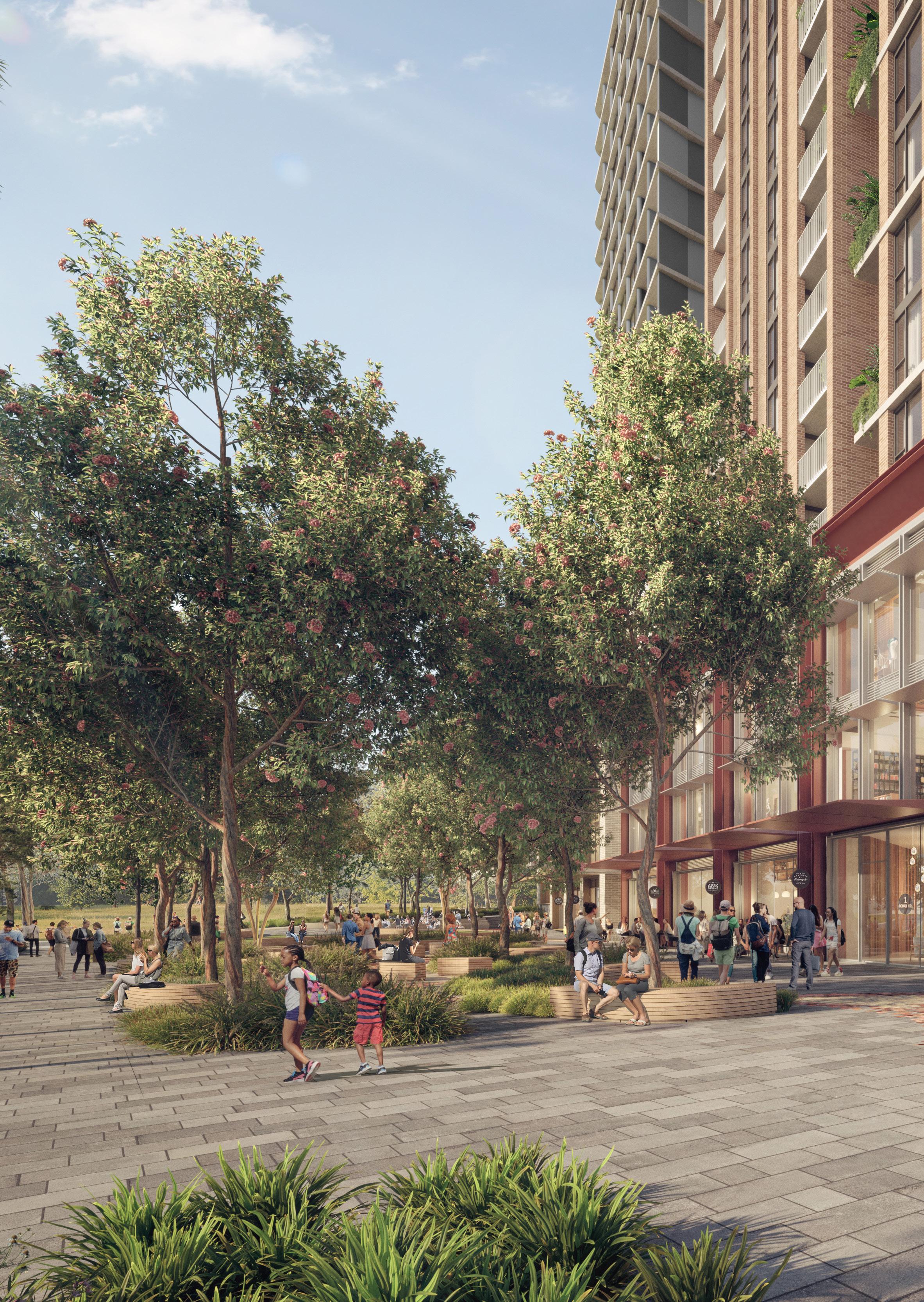
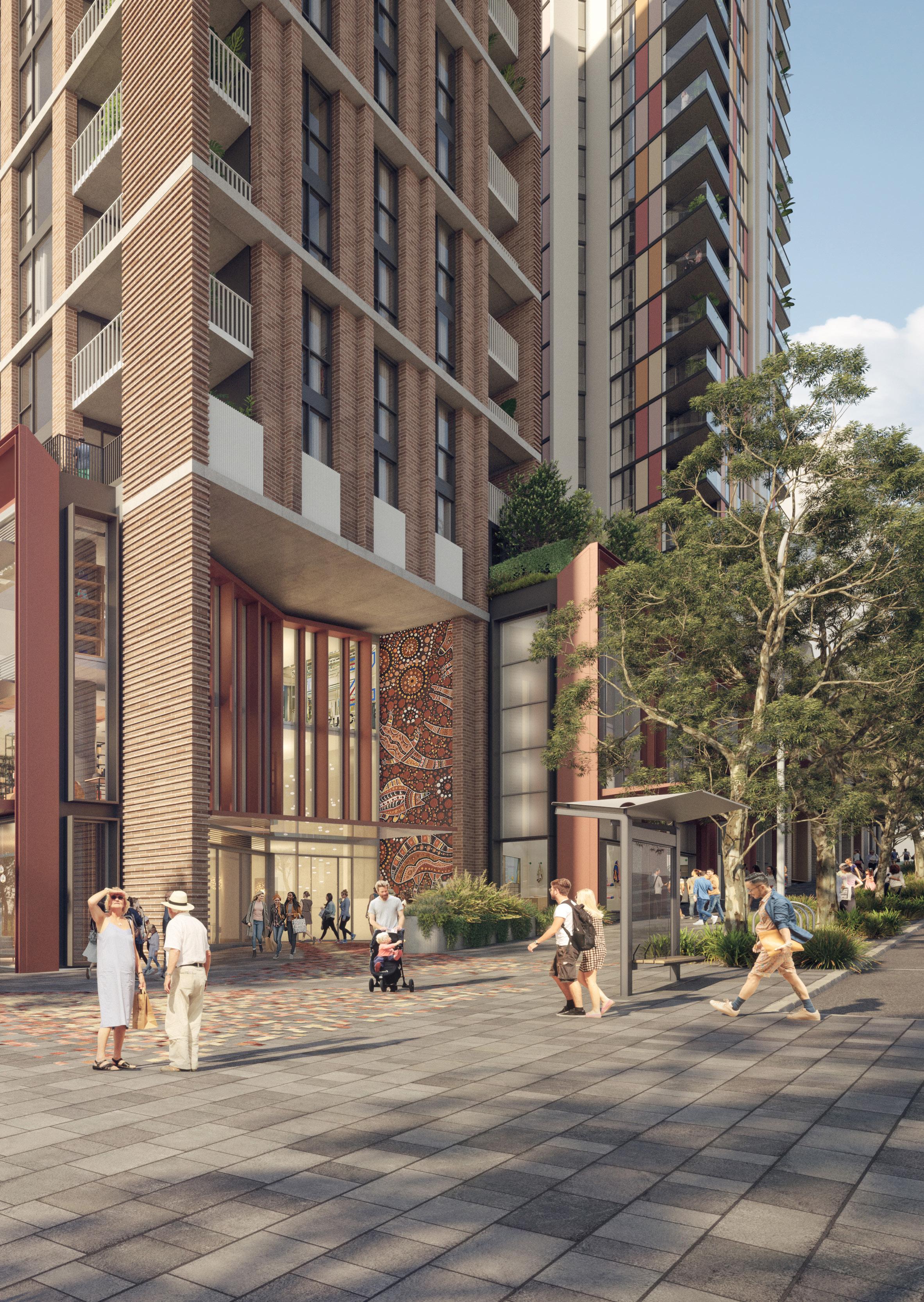
Establish and strengthen mutually beneficial relationships with Aboriginal and Torres Strait Islander stakeholders and organisations.
Build relationships through celebrating National Reconciliation Week (NRW).
Identify Aboriginal and Torres Strait Islander stakeholders and organisations within our local area or sphere of influence and create a register that can be easily accessed by all TURNER staff.
Research best practice and principles that support partnerships with Aboriginal and Torres Strait Islander stakeholders and organisations.
Circulate Reconciliation Australia’s NRW resources and reconciliation materials amongst TURNER staff.
Identify external NRW events across Sydney. At least one of these to be attended by RAP working group members.
Encourage and support staff and senior leaders to participate in at least one external event to recognise and celebrate NRW.
TIMELINE RESPONSIBILITY
January 2024
March 2024
Promote reconciliation through our sphere of influence.
Promote positive race relations through antidiscrimination strategies.
Communicate our commitment to reconciliation to all staff by vocalising and celebrating examples of learning, development and active contribution towards reconciliation in the design and built environment industries.
Identifying external stakeholders that our organisation can engage and have been engaging with on our reconciliation journey, such as the Diversity Council of Australia, Australian Institute of Architects, Supply Nation, Reconciliation Australia and other fellow architects, consultants, and suppliers.
Identify RAP and other like-minded organisations that we could approach to collaborate with on our reconciliation journey.
Research best practice and policies in areas of race relations and anti-discrimination, and assess methods of implementation both inside and outside of the work environment.
Conduct a review of HR policies and procedures to identify existing anti-discrimination provisions, and future needs.
May 2024
27 May3 June 2024
27 May 20233 June 2024
November 2023
November 2023
November 2023
February 2024
February 2024


Increase understanding, value and recognition of Aboriginal and Torres Strait Islander cultures, histories, knowledge and rights through cultural learning.
Develop a business case for increasing understanding, value and recognition of Aboriginal and Torres Strait Islander cultures, histories, knowledge and rights within TURNER.
Conduct a review of cultural learning needs within TURNER considering the historical lack of First Nations history taught in Australian schools and the multicultural nature of TURNER staff.
TIMELINE
January 2024
January 2024
Demonstrate respect to Aboriginal and Torres Strait Islander peoples by observing cultural protocols.
Build respect for Aboriginal and Torres Strait Islander cultures and histories by celebrating NAIDOC Week.
Develop an understanding of the local Traditional Owners or Custodians of the lands and waters within our organisation’s operational area.
Develop a policy that provides a framework for TURNER staff or how to correctly identify Traditional Place Names and Traditional Owners
Increase TURNER staff’s understanding of the purpose and significance behind cultural protocols, including Acknowledgement of Country and Welcome to Country protocols.
Raise awareness and share information amongst TURNER staff about the meaning of NAIDOC Week.
Identify external NAIDOC Week events across Sydney. At least one of these to be attended by RAP working group members.
Encourage and support TURNER staff and senior leaders to participate in at least one external event, identified by the RAP working group or found otherwise, to recognise and celebrate NAIDOC Week.
January 2024
RESPONSIBILITY
November 2023
July 2024
January 2024 7 July 202414 July 2024
2024

08. Develop a business case for Aboriginal and Torres Strait Islander employment within our organisation.
09.
Improve employment outcomes by increasing Aboriginal and Torres Strait Islander recruitment, retention and professional development.
Increase Aboriginal and Torres Strait Islander supplier diversity to support improved economic and social outcomes.
Build understanding of current Aboriginal and Torres Strait Islander staffing to inform future employment and professional development opportunities.
Research opportunities to present at local career festivals that are catered towards Aboriginal and Torres Strait Islander youth.
Develop a business case for procurement from Aboriginal and Torres Strait Islander owned businesses.
Investigate Supply Nation membership.
March 2024
March 2024
March 2024
April 2024
October 2023 Director Director
Project Architect
Business Development Manager
Business Develpment Manager

Establish and maintain an effective TURNER RAP Working Group (RWG) to drive governance of the RAP and achieving its deliverables
Provide appropriate support for effective implementation of RAP commitments.
Review RAP Working Group (RWG) membership and structure annually.
Continue with monthly RAP meetings to review progress and delivery of the RAP.
Draft a Terms of Reference for the RWG.
Establish Aboriginal and Torres Strait Islander representation on the RWG.
Define resource needs for RAP implementation.
Engage senior leaders in the delivery of RAP commitments.
Appoint a senior leader to champion our RAP internally.
Define appropriate systems and capability to track, measure and report on RAP commitments.
February 2024
January, February, March, April, May, June, July, August, September, October , 2024
July 2024
October 2024
March 2024
March 2024
November 2023
December 2023
Build accountability and transparency through reporting RAP achievements, challenges and learnings both internally and externally.
Contact Reconciliation Australia to verify that our primary and secondary contact details are up to date, to ensure we do not miss out on important RAP correspondence.
Contact Reconciliation Australia to request our unique link, to access the online RAP Impact Survey.
Complete and submit the annual RAP Impact Survey to Reconciliation Australia.
Register via Reconciliation Australia’s website to begin developing our next RAP.
June 2024
August 2024

30 September 2024
July 2024
Karl May, Managing Director
kmay@turnerstudio.com.au
02 8668 0000




